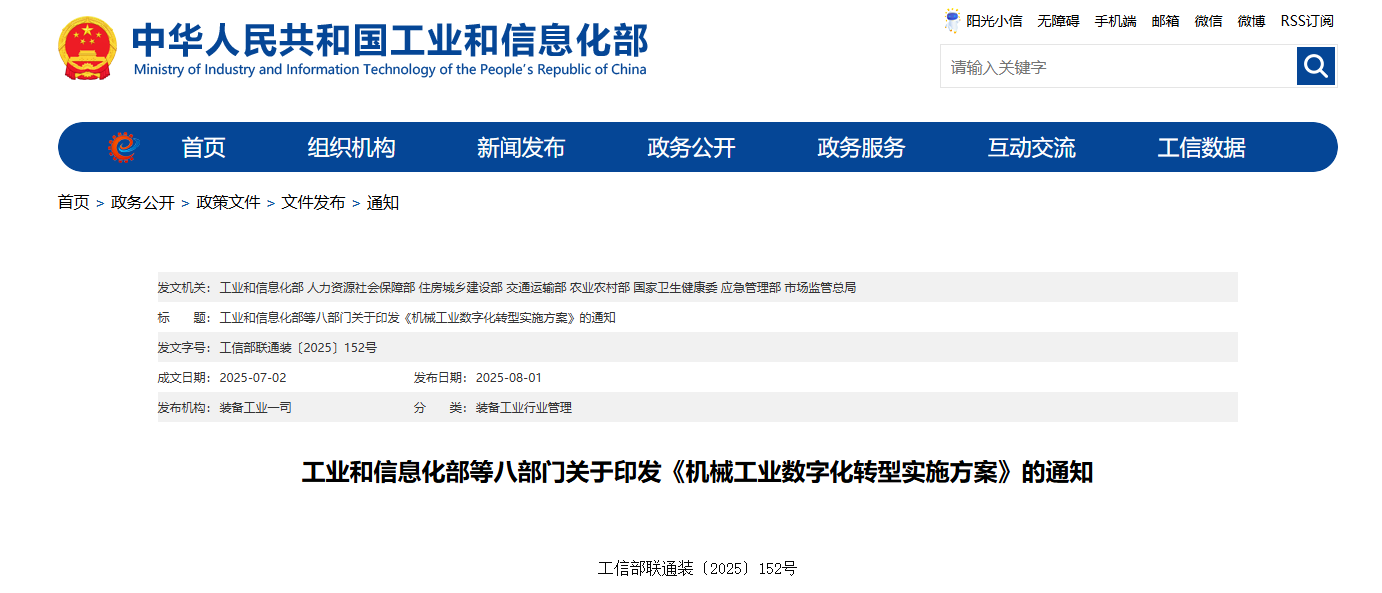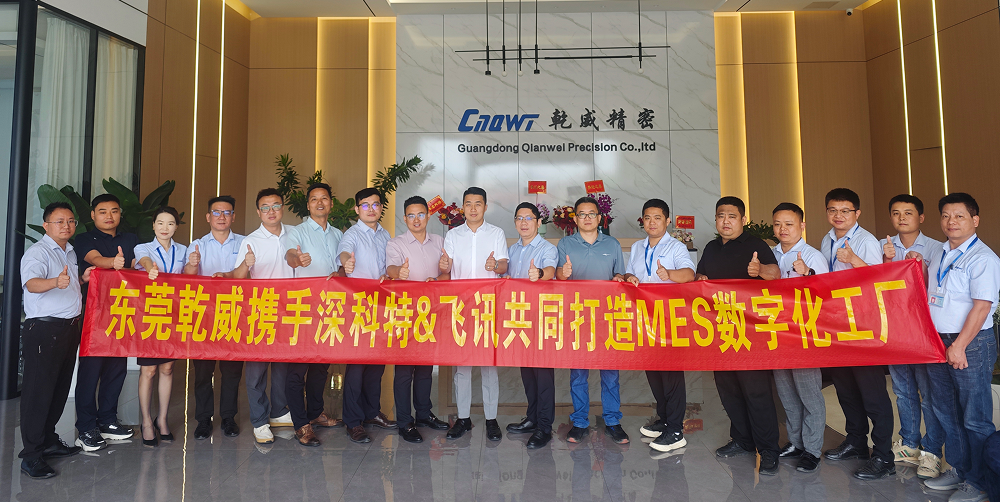MES系统数据采集分析(MES系统数据采集)

Title: Unlocking the Power of MES System Data Collection and Analysis
Introduction:
In today's highly competitive industrial landscape, the ability to gather and analyze data has become paramount. Manufacturing Execution Systems (MES) have emerged as a critical tool, enabling companies to collect real-time data from various stages of the production process. This article explores the multifaceted benefits of MES system data collection and analysis, highlighting its potential to enhance productivity, quality control, decision-making, and overall operational efficiency.
1. Boosting Productivity:
One of the primary advantages of MES system data collection and analysis is its ability to boost productivity across the entire manufacturing process. By providing real-time visibility into machine performance, operator efficiency, and production schedules, MES systems empower manufacturers to identify bottlenecks, eliminate downtime, and streamline operations. Armed with this valuable insight, companies can optimize resource allocation, minimize cycle times, and ensure optimal equipment utilization, leading to higher productivity levels and increased output.
2. Enhancing Quality Control:
Quality control is a crucial aspect of any manufacturing process. MES system data collection and analysis play a significant role in ensuring product quality by enabling real-time monitoring and analysis of key performance indicators (KPIs). By automatically tracking vital metrics such as defect rates, scrap rates, and production yield, manufacturers can identify deviations from quality standards promptly. This proactive approach allows for rapid troubleshooting and corrective actions, reducing the risk of defective products reaching the market and enhancing overall customer satisfaction.
3. Empowering Data-Driven Decision-Making:
Good decision-making is contingent on accurate and timely data. MES system data collection and analysis provide decision-makers with comprehensive, real-time insights into various aspects of the production process. These insights encompass machine performance, inventory levels, order status, and production costs, among others. Armed with this information, managers can make data-driven decisions that optimize production, streamline supply chains, and improve overall operational efficiency. By eliminating guesswork and relying on actionable data, companies can reduce costs, mitigate risks, and gain a competitive edge.
4. Optimizing Resource Allocation:
Efficient resource allocation is vital for any manufacturing operation. MES system data collection and analysis enable manufacturers to optimize resource allocation by providing real-time visibility into inventory levels, machine utilization, and production schedules. By analyzing this data, companies can minimize stockouts, avoid costly overstocks, and ensure timely procurement of raw materials. Moreover, the insights gained from MES systems allow for proactive maintenance and preventive measures, minimizing equipment downtime and maximizing operational uptime.
5. Facilitating Continuous Improvement:
MES system data collection and analysis serve as a catalyst for continuous improvement initiatives. Through the identification of process inefficiencies, bottlenecks, and deviations from standards, businesses can implement targeted improvements to drive operational excellence. By monitoring performance trends, benchmarking against industry best practices, and analyzing historical data, manufacturers can identify patterns, make informed decisions, and implement effective strategies for long-term growth and success.
Conclusion:
In today's data-driven world, leveraging the power of MES system data collection and analysis is crucial for optimizing productivity, enhancing quality control, empowering decision-making, optimizing resource allocation, and driving continuous improvement efforts. With real-time insights and actionable data at their disposal, manufacturers can unlock the full potential of their operations, gain a competitive advantage, and thrive in an increasingly dynamic and demanding market. Embracing MES systems is not merely a choice; it is a necessity for companies seeking to stay ahead in the ever-evolving manufacturing landscape.
��Ѷ���������2006�꣬ӵ�������з����뿪��ƽ̨����һ�Ҽ���Ӫ�������졢�ɹ���ȫ��·���ǻ��������Ʒ����̺ͷ����̡���Ʒ�������ֻ����䡢����������������������˾��MRO��ERP��MES��WMS��CRM��SRM�Ȳ�ƷΪ������Ϊ�ͻ��ṩ���ǻ��������巽���滮��������ܷ�����Χ���������Ǻͳ����ǵ����������ڰ����ͻ������к�ʵ�ʳ������ɴ��С��ɴ��µ����ֻ���Ӫ��ϵ�������������Ϣ�����������ֻ��;������ܻ��������⣬Ϊ��ͬ��ҵ����ͬ��ʵ�ֲ�ͬ�ľ�ӪĿ�ꡣ























请先 登录后发表评论 ~